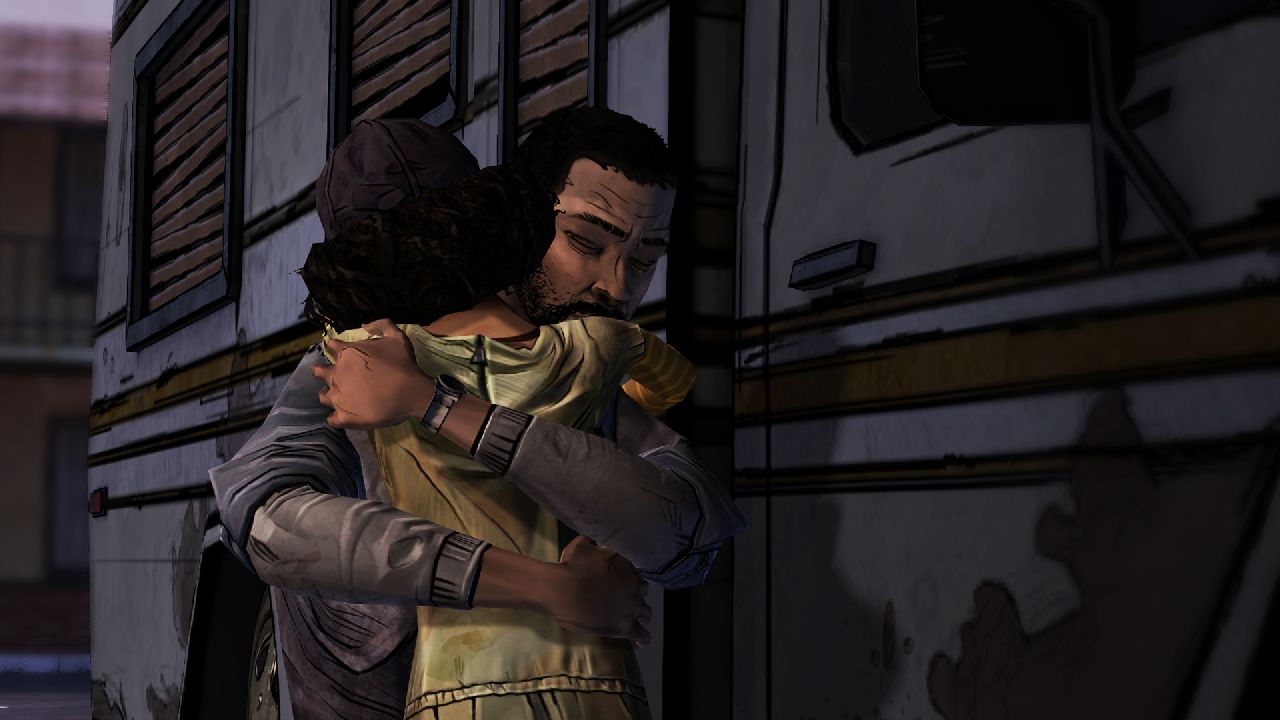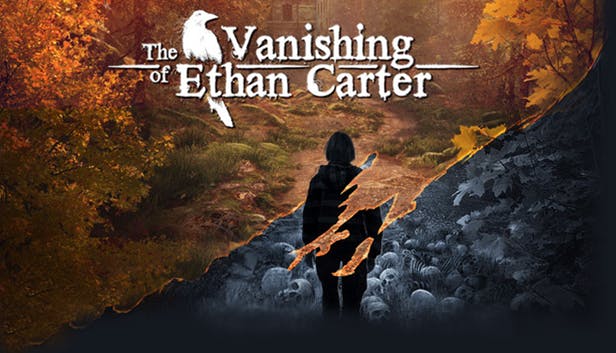(This is an archived old post from the previous version of the page.)
What’s the best thing to do when you’re sad or angry? Watch a good movie or look at cat pictures? No. Play Tetris or solve a puzzle. It works perfectly. Sadly, it’s also proves that we can’t feel and play at the same time.
A few weeks ago, I proposed to remove gameplay/challenge from a certain type of games in order to make them more memorable. I wrote the post based on experience, gut feeling and quick research, but there was something missing.
Science.
There were a lot of fascinating and insightful comments after the aforementioned post, but this one wins everything. Under the article published on Kill Screen Daily, Sebastian Deterding wrote:
“Cognitive load” is one possible mechanism to explain that phenomenon: Because emotion and cognitive tasks take up the same mental capacities, you cannot engage in both intensely at the same time.
If you want actual scientific data and names of the authors, click here. Actually, for any game designer or a curious gamer out there it’s a must read. It’s engaging and well written.
For the fans of TL;DR, here’s a short re-cap: our brains suck. They are not the greatest multi-processors out there. Some parts of the brain are responsible for multiple things, but when they deal with one thing, the other suffers.
The most important sentence in the article says:
Research suggests [that] both cognitive tasks and emotional responses make use of the same limited mental resources.
The. Same. Limited. Mental. Resources.
In other words: you can either be angry, or play Tetris.
How does it all translate to game design?

What do Call of Duty’s campaign and The Walking Dead have in common?
After the simple rules of play are established at the beginning of each of these games…
– Call of Duty: point your gun and fire. You can also move around.
– The Walking Dead: make choices. Also, there a few simple mini-games.
…both games teach you absolutely nothing and require absolutely nothing from you in terms of learning new stuff. If you know how to play any of these games – and remember: they are dead easy to pick up and play – then there’s no difference between their second hour and seventh hour.
What changes is that sometimes the “gun” in CoD becomes a chaingun or a crossbow. Environments change. Story progresses. New characters are introduced, old characters die. Choices change. Context changes.
But not the dead simple, core “gameplay loop” that’s been introduced in the very first minute.
As the article says, simple tasks like walking cannot change your emotional state. You have to think about what you’re doing in order to steal the bandwidth from the brain. But with simple, easy to understand and easy to interact with gameplay, you only steal a little of that bandwidth.
And that is why with simple, tight gameplay full of simple tasks* we can focus on the emotional side of things, like all these memorable moments of Call of Duty or The Walking Dead.
(*By simple tasks I mean tasks that are easy to understand and do not require math, strategy, planning, etc. to solve. In that meaning, choosing whom to save in The Walking Dead is a difficult choice, but a simple task).

Okay, but what does it all mean?!
One.
If you make a game full of complicated gameplay, do not expect all players to become emotional. They may and will be engaged if the gameplay is good, but they will feel sorrow or loss only outside of the core gameplay fragments.
Two.
It’s easier to manipulate emotions of hardcore gamers for whom the gamepad is a second nature, and they do not even notice they are using it (that’s why some of us have no problem feeling emotions when playing Demon’s Souls). But for the games to grow, we have to keep finding new ways – both in the interface and hardware – for the players to communicate with the game, until it’s something “invisible”.
Three.
If your focus is powerful, wide range of emotions, consider removing or limiting the core gameplay loop. I am not the first to propose this; for example Thomas Grip (of Amnesia fame) mentions the same thing, although from a slightly different angle.
Four.
Science, man.


